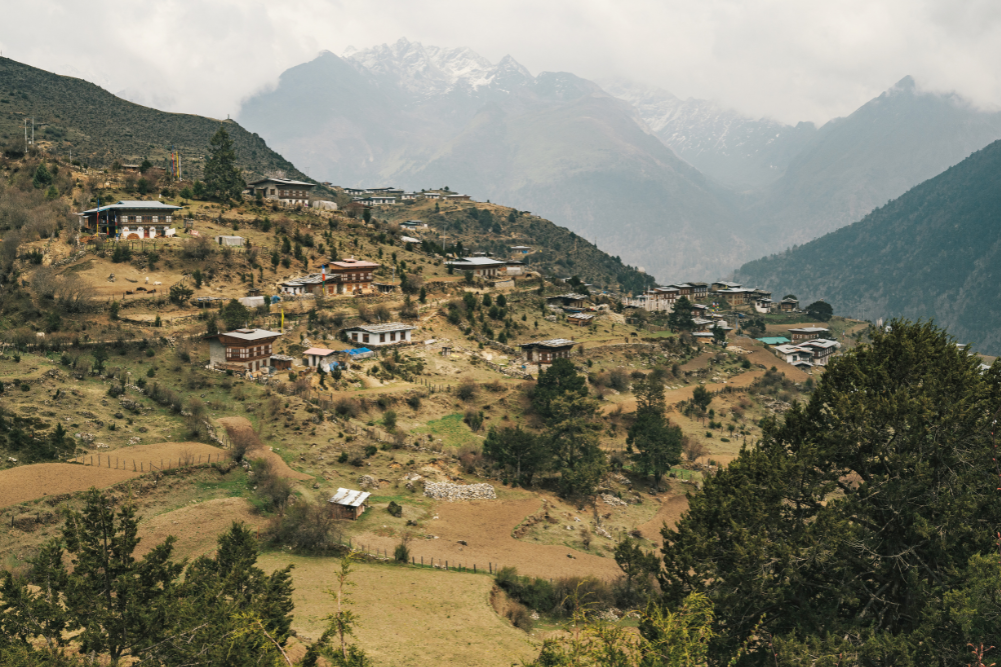Voluntourism – should I consider it?
Voluntourism is volunteering combined with tourism. It’s when tourists volunteer their time at a location generally organized by a travel company. There are guidelines for voluntourism by which travel companies are expected to follow. For example, in 2012 an international panel of travel and tourism experts launched The International Voluntourism Guidelines – the first time such guidelines were formulated and released. The panel views The International Voluntourism Guidelines as the first step towards improving the standards of voluntourism and ecotourism.
Voluntourism originally commenced when tourists volunteered to work in orphanages. The concept progressed to providing English and other lessons in overseas schools, building accommodation or water wells, or paving the way for rural roads. However, there were growing concerns about the lack of scrutiny, duty of care, and the integrity of the intent of travel agencies or non-profit organisations. Some early adopter travel and tour operators were more interested in their profits from tourists with good intentions than in helping communities in foreign countries.
Key recommendations of the Voluntourism Guidelines include putting the community needs first (before those of tourists or travel operators) and to ensure that projects focus on long-term sustainable benefits (not quick fix changes). The Voluntourism Guidelines recommends that volunteer programs should be introduced only when there has been a thorough analysis of alternatives, and when an exit strategy has been devised in collaboration with the community, for sustainability when the tourists leave. Programs should reinforce self-reliance and the transfer of skills to community members.
Volunteers pay travel operators to organise such programs – and to get there. Hence, the Voluntourism Guidelines encourage travellers to look at volunteer programs carefully, and ask questions such as:
- When did the program start?
- Why was it established?
- What is the aim of the program (why is it needed)?
- What has the program achieved to date?
- What is the quality of the program?
- What is the quality of the travel operators?
- What training and pre-trip arrangements and information is provided?
- What cultural sensitivities are we required to know?
- What percentage of the money goes directly toward the program?
- What is the plan for self-reliance?
Some early adopter travel and tour operators were more interested in their profits from tourists with good intentions than in helping communities in foreign countries.
There should be clear evidence of accomplishments that are changing over time, rather than doing the same thing over and over again. In other words, there should be a strategy for positive change, in which the over-arching philosophy is “do no harm.” There should also be transparency on the proportion of money that goes directly to the program.
Voluntourism may not be appropriate in all situations. This includes when the community is not comfortable with travellers “passing through” without clear preparation, instructions, guidelines, and information. In some situations the concept of charity needs to be weighed against sustainability and self-reliance to avoid communities feeling as if they are being dictated to, put down, or looked down upon.
The Voluntourism Guidelines acknowledge that not all voluntourism travel operators are ineffective and capitalistic, putting profit before benefit. Volunteer programs can be part of a profit program as long as the core objective is to meet the needs of the local community, and the local community also profits from the program.
Voluntourism is still evolving as an industry. While experiential travel that provides opportunities to interact with communities can be a positive aspect of tourism – for both the travellers and the communities – The International Voluntourism Guidelines suggest that the industry could morph into something else over time as it gains momentum and longer term experience. In the future there may be ways, other than volunteering, that provides communities and travellers mutual benefits from the experience. But for now, check it out carefully before you rush in so that you have an exhilarating experience and connect positively with families and communities.








